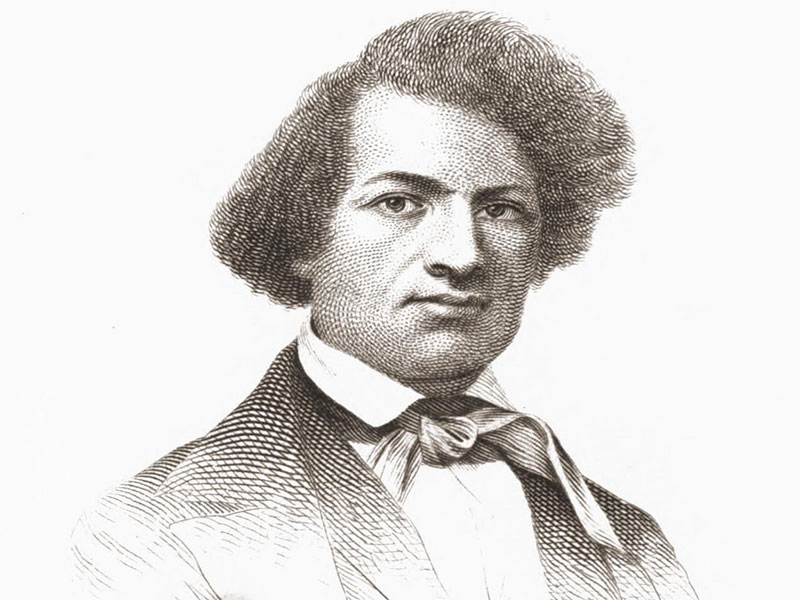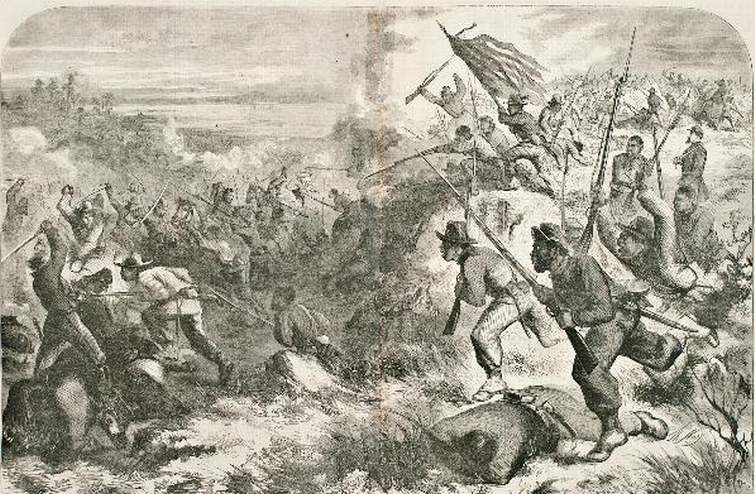Lets do the next two sections hopefully it can ignite some more Historical based discussions.
Medical Care
According to Fogel and Engerman, plantation owners spent more money on medical care for slaves than freemen did on their children. They write, "That adequate maintenance of the health of their slaves was a central objective of most planters is repeatedly emphasized in instructions to overseers and in other records and concordance of planters." In Jesse James; Last Rebel of the Civil War, author T.J. Stiles, looking at slavery in Missouri, wrote that "most slaves received about as much medical care as their owners."
Many plantations would have a mini-hospital, a full-time nurse, and a doctor who would travel between plantations. Former slave Rachel Adams of Georgia said, "White folks jus had to be good to sick slaves, cause slaves was property. For Old Merster to lose a slave was losin money." Armstead Barrett of Texas said, "Old massa have doctor for us when us sick. We's too val'ble," and former Mississippi slave Henry Cheatam said, "De owners always tuk care of us, and when us got sick dey would git a doctor." Self-proclaimed "Yankee" Joseph Ingraham observed plantations in Louisiana and Mississippi. He said, "On large plantations, hospitals are erected for the reception of the sick, and the best medical attendance is provided for them….on some estates, a physician permanently resides... the health of the slaves, so far as medical skill is concerned, is well provided for."

Frederick Douglass’s Narrative: Myth of the Happy Slave
In 1845, the Narrative of the Life of Frederick Douglass, an American Slave, and Written by Himself was published. In it, Douglass criticizes directly—often with withering irony—those who defend slavery and those who prefer a romanticized version of it.
In 1845 the Narrative of the Life of Frederick Douglass, an American Slave, and Written by Himself was published. In it, Douglass criticizes directly—often with withering irony—those who defend slavery and those who prefer a romanticized version of it. Pitilessly, he offers the reader a first-hand account of the pain, humiliation, and brutality of the South's "peculiar institution.”
One myth that Southern slave owners and proponents perpetuated was that of the slave happily singing from dawn to dusk as he or she worked in the fields, prepared meals in the kitchen, or maintained the upkeep of the plantation. In his Narrative—particularly chapters 1 and 2— Douglass quickly distinguishes the myth from the reality. He uses incidents of cruelty that he witnessed along with songs of the slaves themselves—spirituals—to emphasize this distinction.
Last edited:



